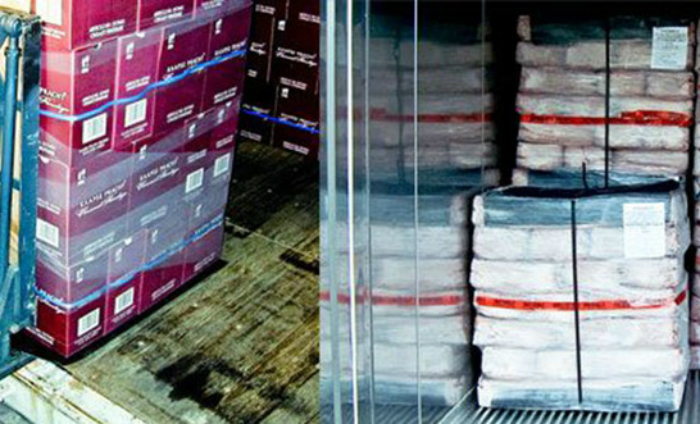Recently re-elected Packaging Council president Harry Burkhardt says packaging plays a significant role in New Zealand’s larger industry success.
He says, “The packaging industry is larger than some of New Zealand’s sectors like forestry, and arguably more important in terms of its responsibility in food quality, and it is growing not just in New Zealand, but globally. We are an integral part of New Zealand’s success.”
He wants to see all the packaging industry players celebrating their success and the industry itself, “become unapologetic about who we are. Tomorrow is where we are heading and we are joining hands with like-minded people.”
While PAC.NZ still advocates for New Zealand’s packaging industry, the emphasis has evolved from its role as a self-monitor for recycling during the Packaging Accord days, to emphasising and celebrating the important part packaging plays in enabling the country’s billion dollar export industry to thrive.
The Packaging Accord served as a call to arms for the industry and it reflected how well the sector managed waste with recycling of paper levels now at 70 per cent and plastic at 26 per cent but Burkhardt believes packaging has a larger story to tell.
He says, “In the past we’ve been forced to be very reactive to environmental accusations that we were part of the problem, but when I became president first in 2015, we decided to recalibrate the focus of the council. I am interested in the whole of life for packaging, not just the end of life. This end of life focus hasn’t served us well.
PAC.NZ has articulated one practical view of packaging possibilities with five trends that will redefine consumer experience. These include hyper-functional form and consumer friendly design; nano-biotechnology tracers and sensors, applicable for food quality, safety and biosecurity; 3D printing enabling maximum adaptability of products; up-cycling (packaging designed for re-purposing); and technology embedded in packaging (e.g. GPS).
It also works with Auckland University researchers on initiatives such as finding or developing micro-bacteria technology that will literally eat plastic, for instance.
Burkhardt also has a role on the Government advisory committee as part of the waste advisory board currently reviewing the Waste Minimisation Act.
He started Replas two decades ago before recycling became fashioable. Replas has become one of New Zealand’s largest recyclers of plastic milk bottles. Some of the country’s largest corporates use Replas products.


